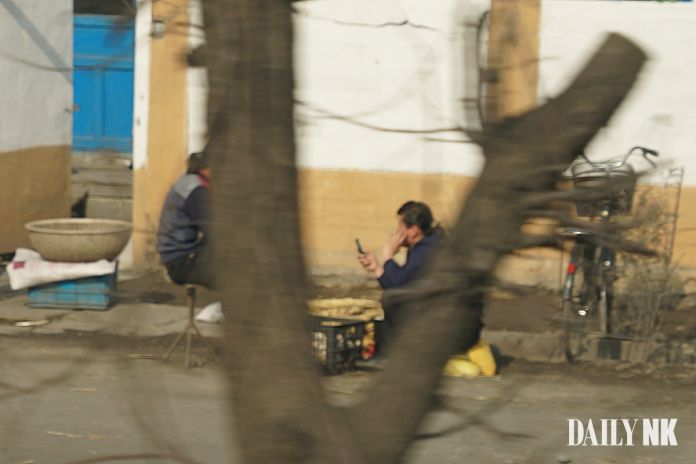North Korea remains unconnected to the digital world.
The latest Digital 2024 Global Reports showed that only fewer than 10,000 people in North Korea have access to the Internet. This small group of people is likely composed of foreign expatriates and those coming from North Korea’s political elite.
The report also showed that there are currently 7.51 million mobile connections in North Korea or 28.7% of its total population. This reflects a 2.8% increase or around 260,000 new mobile connections from the start of 2023 until January 2024.
Although the majority of North Koreans are not online, the interest in North Korean-related topics remains high outside the secretive nation. The keyword “North Korea” has a monthly average of 500,000 searches, while “Kim Jong-Un” has more than 350,000 monthly searches.
There are also more than 50,000 monthly searches on Kim Yo-Jong, the sister of the North Korean leader. Kim Ju Ae, the only publicly known child of Kim Jong-Un, gets more than 30,000 searches monthly.
North Korea remains the least connected country in the world, with 99.9% of its citizens not having access to the Internet or even a computer. What North Korea has is an Intranet, a privately secured network that is only accessible to a small group of people. This can only be accessed in computer labs and government offices.
For the last couple of years, a few North Korean vloggers – Song-Ah, YuMi, and Un-A – launched their YouTube channels. These three vloggers gave a glimpse of their everyday lives, from what they eat to their hobbies to their travels. They also have videos that showcase the infrastructures in North Korea, such as the Hwaseong Apartment Complex, Pyongyang Metro, and Kim Il Sung Square.
In June 2023, however, YouTube announced that it had banned these YouTube channels “to comply with US sanctions and trade compliance laws, including those related to North Korea.” The videos disappeared for a while but many of these have been reuploaded by other YouTube users.
These North Korean vloggers also created new YouTube channels, re-uploading their old materials as well as creating new ones. Their YouTube channels remain active today.
The Digital 2024 Global Reports are produced by Singapore-based advisory firm Kepios, which helps organizations make sense of digital technologies. It sources and synthesizes statistics from multiple reputable third parties all over the world.
The latest data showed that 5.35 billion all over the world have access to the Internet. North Korea, however, has the lowest Internet penetration rate. Other countries with limited access include Uganda, South Sudan, and Burundi.
Edited by Robert Lauler.


















